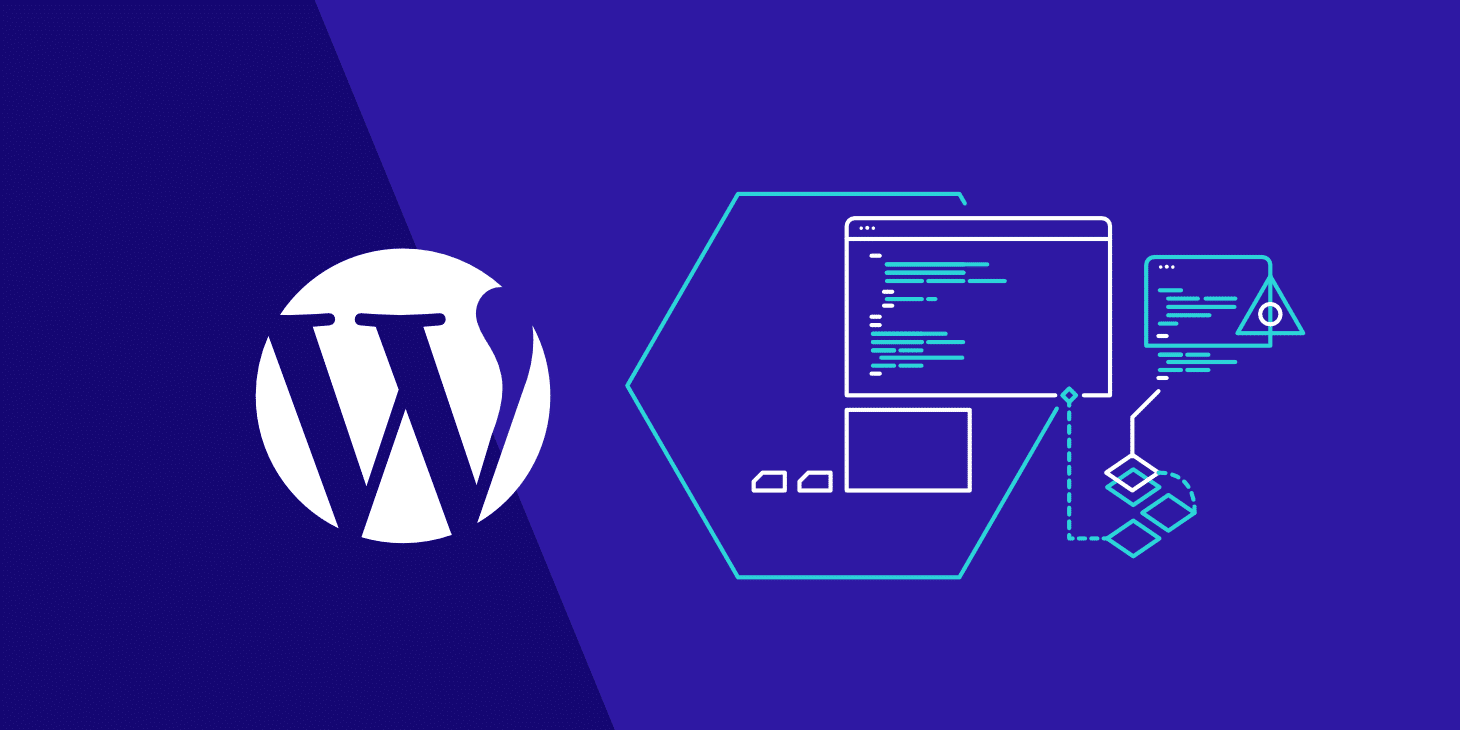WordPress is one of the most broadly used systems for international web hosting and site construction. Developers of the WordPress team do their great in rolling out month-to-month updates to preserve websites cozy. Still, admins can music their settings and set up additional plugins to strengthen protection. With cyber-attacks on the upward thrust, it’s usually advised to use every safety measure at our disposal that we do not forget can make us safer. Regular renovation of the route is likewise something that should always be saved in mind and computerized if viable. Below we list a few trendy and advanced security guidelines and a few beneficial plugins you can install in case you need to protect your website from threats.
WordPress Security: General tips
The first component you should do and take without consideration is always keeping WordPress, topics, and plugins updated. It ought to move without announcing, but most things a few people don’t forget, well-known security measures remain largely unknown to many admins and customers. -upsAlso, a bit of common experience; however, whatever you download must be depended on through WordPress. Plugins, subject matters, and different add-ons that aren’t in legit libraries or have rankings that validate their authenticity and security must not be set up.
It is suggested that admins exchange their default ‘admin’ name on the platform, considering this is a risk. Many humans use the standard admin moniker, and it’s miles a source of vulnerabilities, almost as probably harmful as a weak password. People who need to stay secure online using WordPress should also not forget a top-down method and pick a hosting company that meets their safety wishes. Performing ordinary backups of the website’s information is also an amazing preemptive measure if the worst ought to happen.

Advanced pointers to keep the whole lot in order
For people with an IT help crew or a bit extra programming smarts, you may do a pair of factors to tighten the safety of your site. Inserting an unmarried line of code into the wp-config. Hypertext Preprocessor records can prevent the hustle of manually updating WordPress centers, issues, and plugins. Other areas of the hobby to admins are people who show the WordPress version of walking. Suppose you have not updated by way of any threat. In that case, this can be a source of vital vulnerabilities, especially with the periodic discoveries that make vintage platform variations prone to cyber threats.
Hypertext Preprocessor document. This hides version numbers in the header, the RSS feeds, the place, and the components. An extended stream of code desires to be delivered to the features to safeguard these areas and leave no strains for hackers to locate. Adding greater functions like two-thing authentication, assault tracking, renaming and doing away with login pages, and extra scanning and backup abilities are also advised. This can all be achieved by putting in free plugins.
Useful plugins you need to don’t forget in your website
Wordfence is a household name at this factor and with a precise motive. According to the developers, the plugin uses the Falcom caching engine to scan your website online for vulnerabilities and optimize booting instances to make it “50 instances” as fast and comfy. This upload-on brings -issue authentication through SMS with it. Still, you could additionally use Google’s very own Google Authenticator, Duo Two-Factor Authentication, Clef, Authy, or other integrated capabilities in all-in-one plugins that you deploy.
Such other plugins may encompass Sucuri Security, which offers document integrity tracking and activity auditing. It also scans your site for malware threats and blocklists customers and site visitors in collaboration with Google, McAfee, Norton, and Sucuri. Developers declare Sucuri Security can protect you against 0-day vulnerabilities and DDoS attacks. It can also secure your security logs within the organization’s cloud. Hackers breach your partitions and manipulate them to get access.
Other similar suites include Bulletproof Security, iThemes Security, and All in One WP Security and Firewall. All offer a well-known set of protection alternatives with various additions like an easy-to-use setup, more potent encryption, and customizable safety. You can also restrict login tries, a common supply of brute force attacks, through installing plugins like Login Lockdown and Jetpack Protect.
Move Login and the formerly mentioned iThemes Security also will let you relocate the login page from its typical default URL finally, as a general rule of thumb, issues, and plugins that move unused but remain mounted should be removed because they will be the supply of ability vulnerabilities. The Plugin Activation Status add-on does a great process at detecting and uninstalling everything this is outdated but still stored for your website.
READ ALSO :
- Global businesses dig out from the latest cyber attack
- Keeping your computer secure from the ‘NotPetya’ cyber attack
- WordPress 4.8 arrives with hyperlink limitations and widget
- Tech-savvy mobile thieves maintain technologically-challenged Delhi police officers on feet
- iPhone tenth anniversary: looking returned at how Apple changed the cellular landscape




